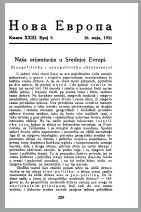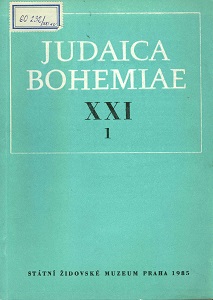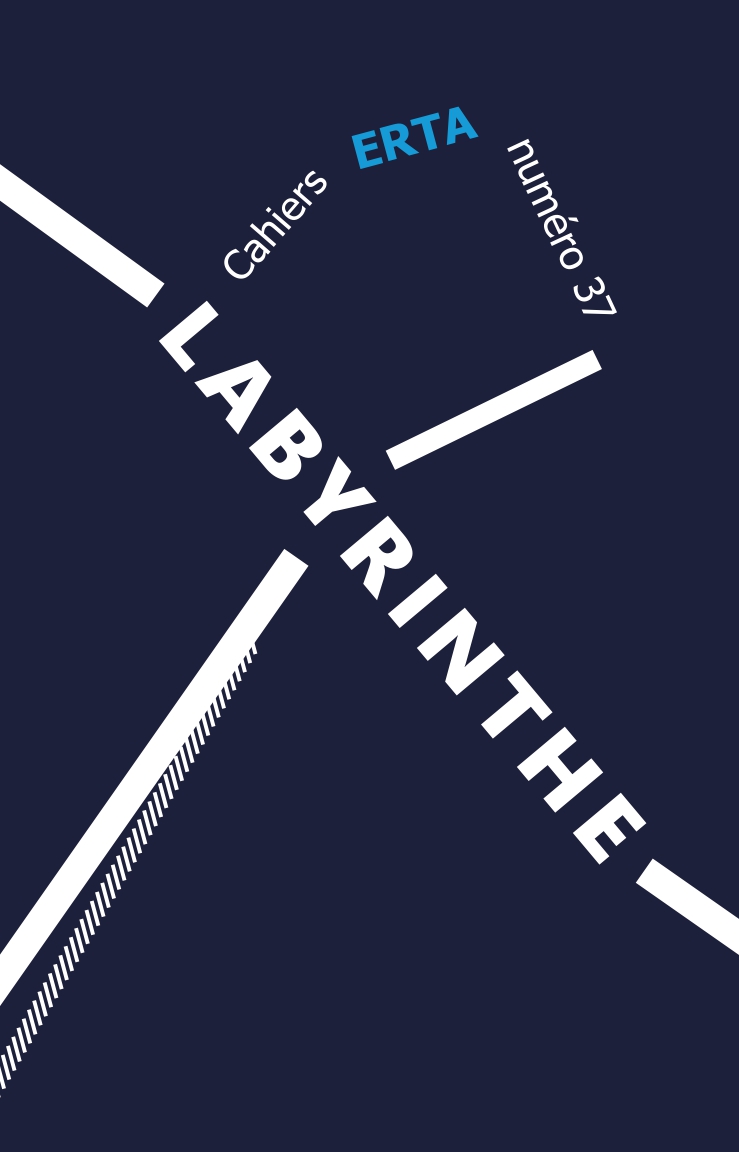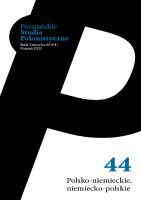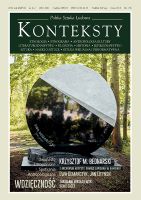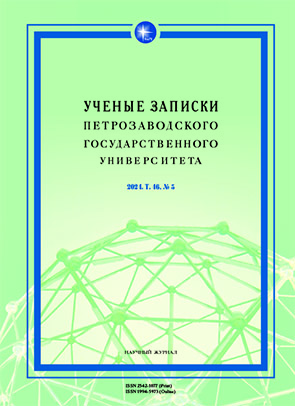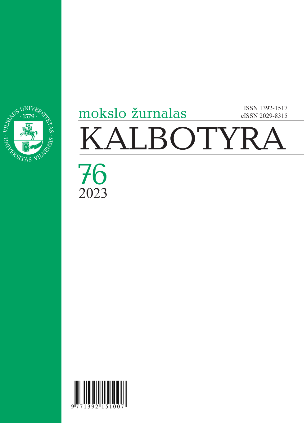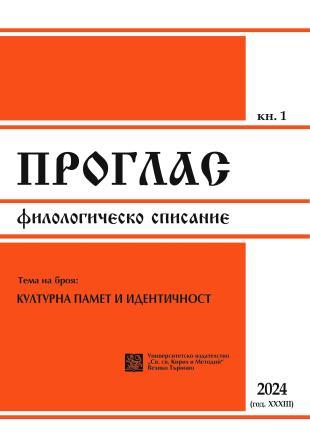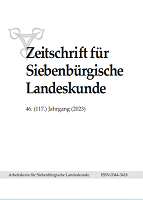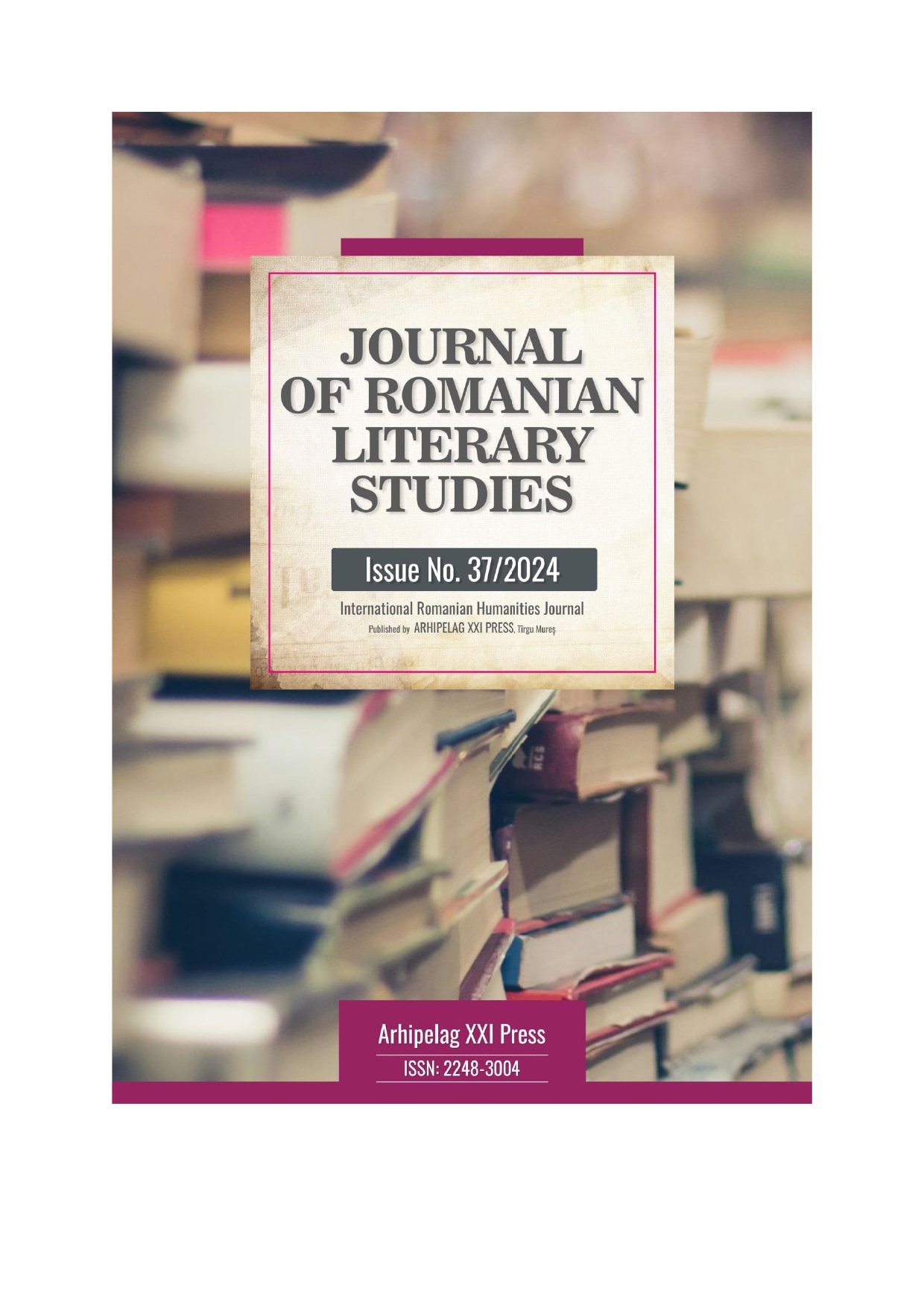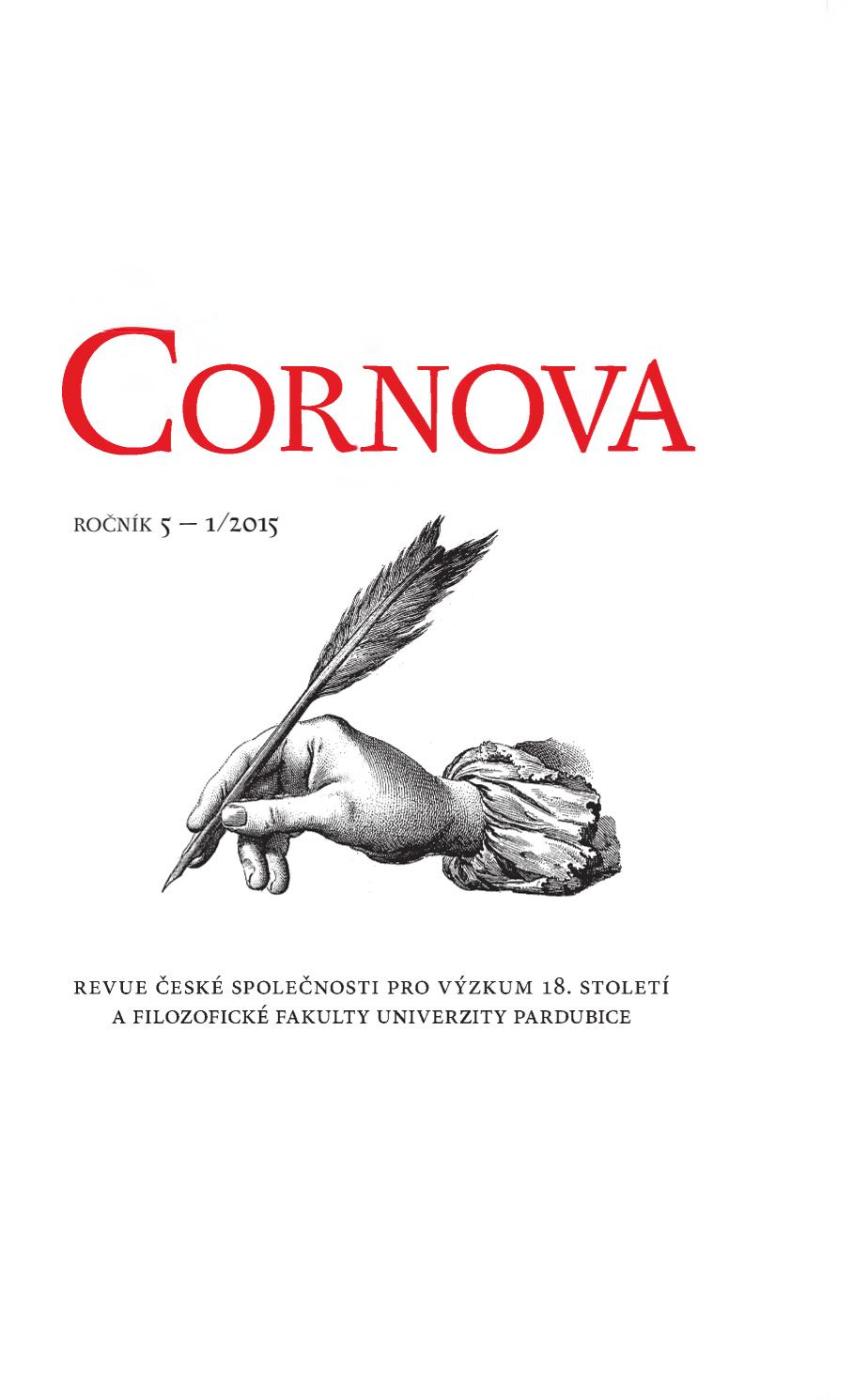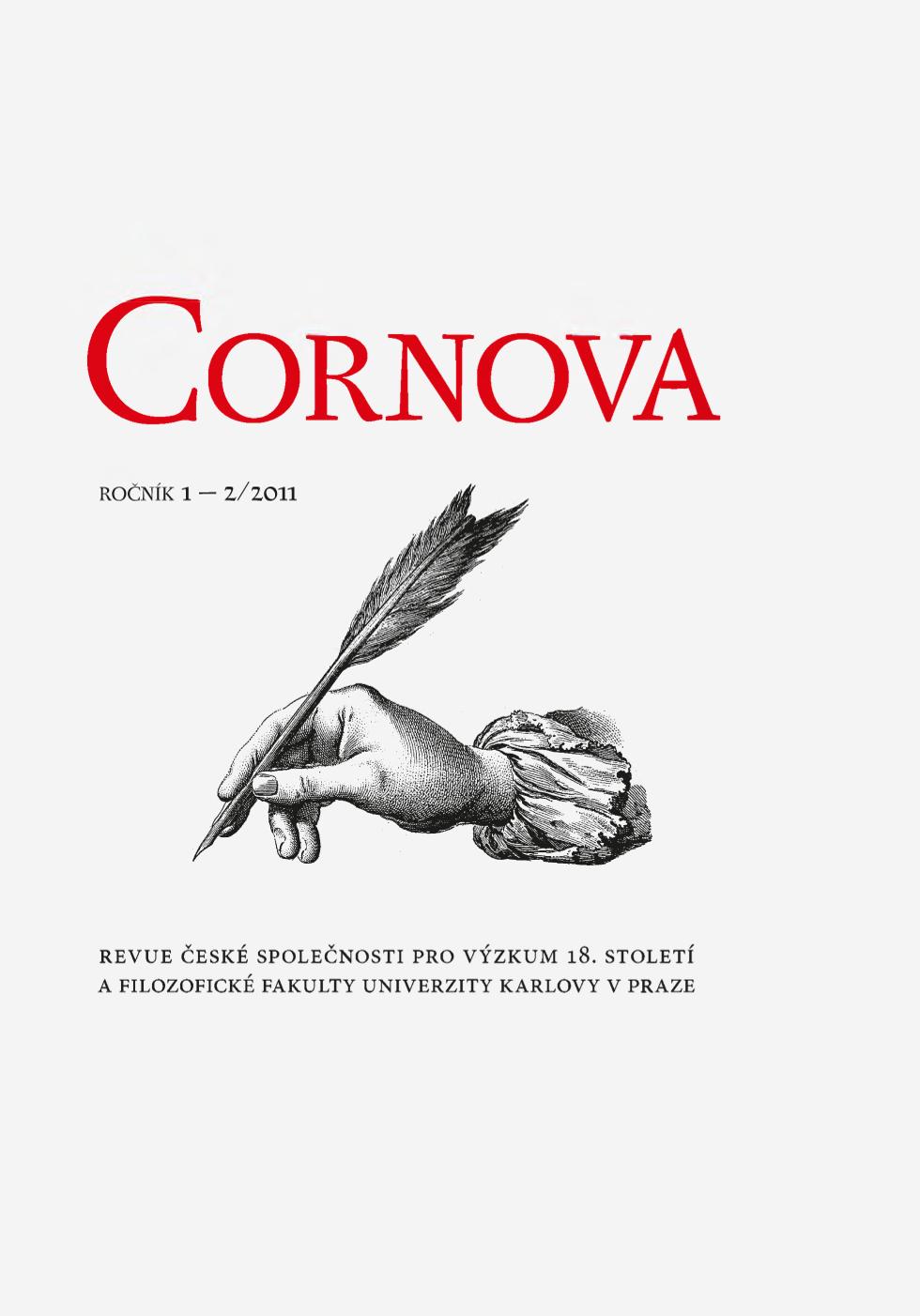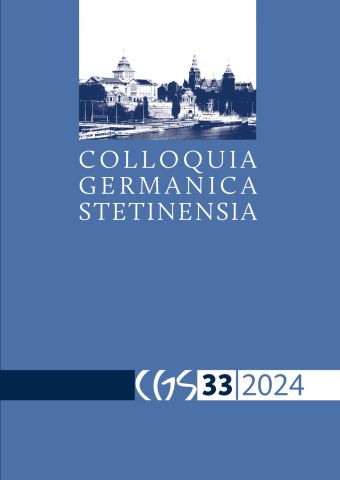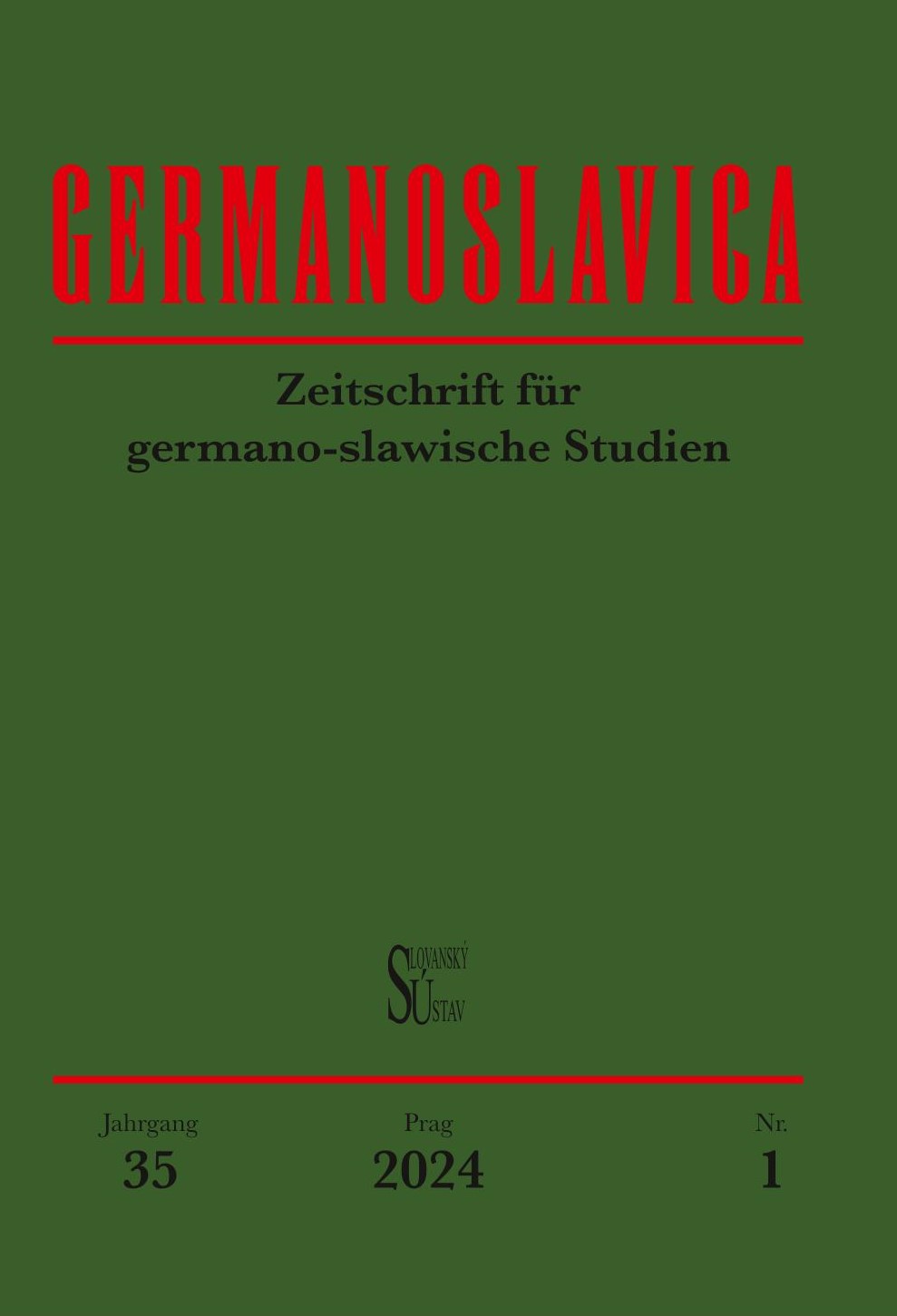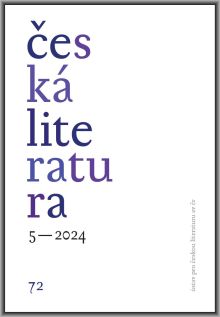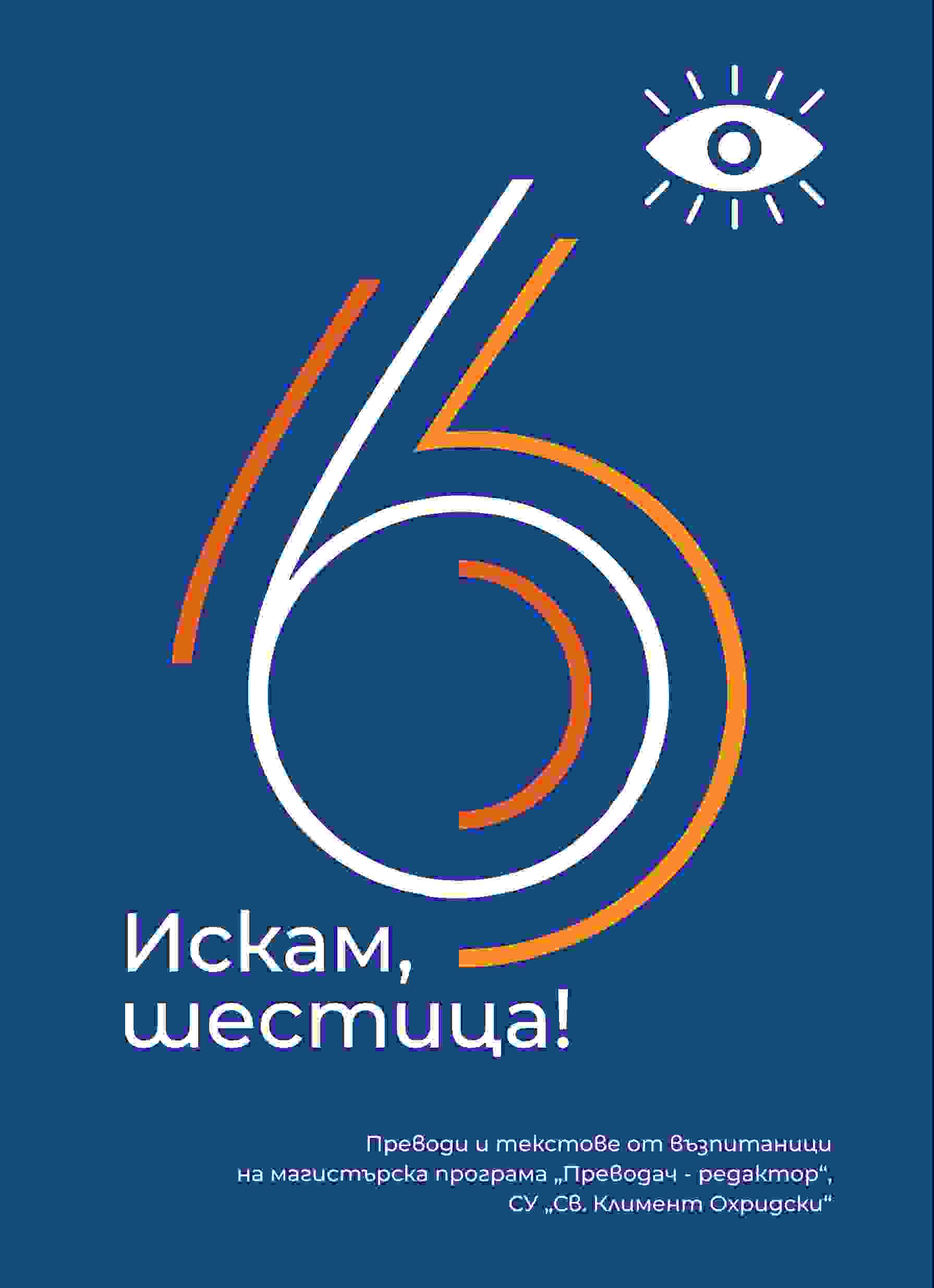Author(s): Maria I. Timoshkina,Natalia Gennadievna Sharapenkova / Language(s): Russian
Issue: 5/2024
The relevance of the article lies in conducting comparative analysis of the works of one of the brightest representatives of the Prague literary school, Gustav Meyrink, and a prominent American fantasy writer, Howard Phillips Lovecraft, who influenced the modern “horror literature”, from the perspective of them using and transforming the techniques and motifs of the Romantic tradition. The theoretical and methodological basis of the research is grounded in the works of foreign and Russian scholars in the field of literary studies, as well as the texts of the studied authors – Meyrink’s novel The Golem and Lovecraft’s novella “At the Mountains of Madness” and his short story “The Music of Erich Zann”. The study revealed the traditional images and motifs of Gothic literature (for example, motifs of fear, horror, and mystery borrowed from Edgar Allan Poe’s works, among other sources), closely intertwined with the Romanticism poetics and forming the unique fantasy fiction of both writers. A special emphasis in the article is placed on the transformation of the techniques of Romantic duality and doppelgangers, the opposition between the herodemiurge and philistine society, as well as the idea of creativity as a higher force opposed to chaos and death (in comparison with the same motifs in Ernst Theodor Amadeus Hoffmann’s texts). The research findings suggest that the transformation of the Romantic tradition in Meyrink’s novel is manifested through immersing into psychoanalysis, as well as into occult and spiritual teachings, practiced by the writer in order to explore his inner “self”. Furthermore, it is revealed that after encountering the otherworldly forces Meyrink’s hero experiences a metamorphosis, overcomes the “golemic” in himself, and discovers the true higher reality. By contrast, in Lovecraft’s works, skillfully combining horror and science fiction, romantic heroes (scientists, travelers, musicians) descend to chaos, spiritual powerlessness, and disappointment in the comprehension of the universe during their “romantic” pursuit.
More...
